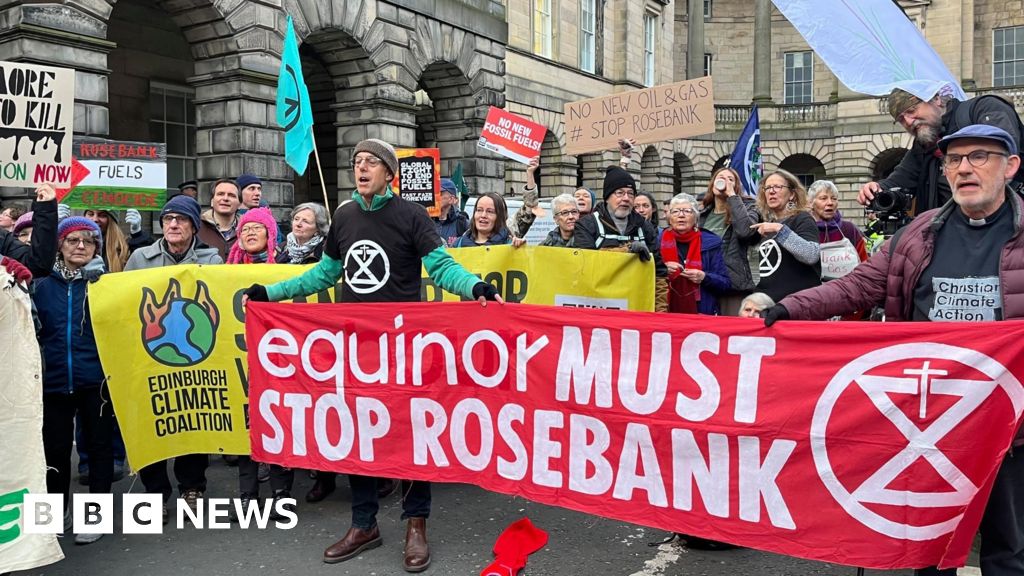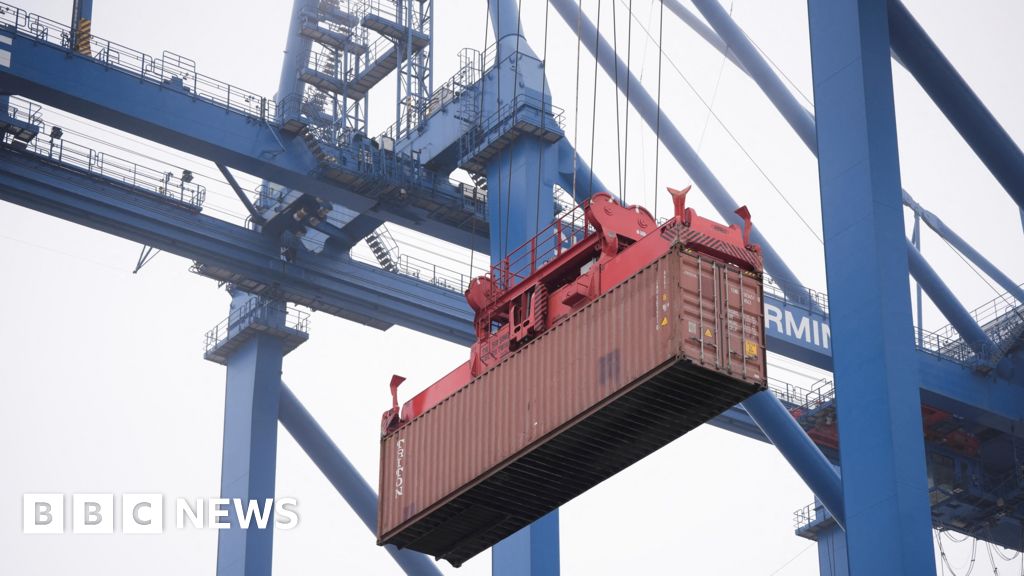ARTICLE AD BOX
 Image source, Getty Images
Image source, Getty Images
Millions of households will still need extra help, despite a multi-billion government plan to ease the impact of higher energy bills, campaigners have warned.
On Thursday the government announced a plan to help households with their energy bills for two years.
Businesses will be protected from steep energy price rises for six months.
The Joseph Rowntree Foundation said the poorest families still faced an £800 shortfall in household income.
The End Fuel Poverty Coalition said more support would be needed to help the poorest families over the winter.
And business groups have also voiced concern over the lack of detail explaining how the new price cap will work for firms.
The Federation of Small Businesses said the plan was "sparse on detail".
While the government has promised support for the most vulnerable industries, highlighting the hospitality sector, it has said there will be a review in three months' time to decide where the help should be targeted.
Small firms warned they cannot remain in "limbo" for the next three months.
'Sticking plaster'
Anti-poverty groups had warned that the sharp rise in energy bills that had been due to take place in October, combined with rising prices more generally including for food, would thrust millions into poverty, putting health and lives at risk.
Businesses are also facing soaring energy costs, and there were warnings tens of thousands could fail without support.
On Thursday, the new prime minister Liz Truss announced the government would borrow billions of pounds to subsidise the companies supplying UK households and businesses with energy, so that they don't need to pass on the soaring costs of wholesale gas to their customers.
But while many households would benefit from the government's intervention, more help would be needed to avoid millions of people facing fuel poverty this winter, putting further pressure on the NHS and the social care system, said Simon Francis from the End Fuel Poverty Coalition.
A household is considered to be in fuel poverty if it has to spend 10% or more of its income on energy.
Without further investment in insulation, energy efficiency, and renewable electricity generation, the government's plans risked being "an expensive sticking plaster," he added.
The Joseph Rowntree Foundation (JRF) said after taking the announcement on energy bills into account there was still an £800 gap between the overall rise in the cost of living and the support package that the poorest families were receiving.
JRF said the new lower cap on energy bills combined with earlier announced £400 help with energy bills and other support measures, would mean a low-income family would receive around £2,100.
But that wouldn't be enough to meet rising energy and other costs, JRF said, which would amount to around £2,900 in total.
"The government's energy price freeze headed off a stratospheric predicted price increase from October, but struggling households remain extremely worried about how they are supposed to fill this gap," JRF chief analyst Peter Matejic said.
"This shows Liz Truss's job isn't done. When she unveils further plans as part of her fiscal statement she must remember the many low income families suffering in hardship."
Target help
Some of those families are likely to be found in the Cardigan Lane and Mayville Road area in Burley, Leeds, a neighbourhood where almost every household risks being in fuel poverty this winter.
"The quality of housing round here is pretty poor, there's been a real lack of investment in them," said Lianne Lett, the hospitality manager at The Left Bank, a community arts centre set up in a former church.
The stained glass windows mean it takes more than ten radiators to heat the centre, but Ms Lett will try to keep it warm, providing space for locals, toddler groups, students, and offering a pay-what-you-can hot meal.
"People have not recovered from the pandemic, they've used their savings, cost of living is going up," Ms Letts said.
Liane Letts says people will still need the community centre this winter as a place to keep warm
On the edge of the neighbourhood sits Brudenell Primary, a school that "has historically had issues with deprivation" said headteacher Jill Harland.
Anxiety at home over bills, difficulties over affording food, being cold, all affect pupils' learning, she said. She thinks the government's package of support could be better targeted at the poorest households.
'In limbo'
At Derby coffeeshop, Bear, owner Craig Bunting said firms like his needed urgent help.
"Hospitality businesses cannot wait for three months in limbo," he said. He said a cut in VAT would prevent independent businesses from going under.
Pub and restaurant venues say the plans announced so far are too vague, leaving unanswered questions, meaning they can't plan ahead.
"We work on much longer cycles than six months to make decisions on hiring, on investment," said Robert Chapman, who runs a cafe and tea rooms in Beverley, in the East Riding of Yorkshire.
Martin McTague, national chair at the Federation of Small Businesses said the promise of help had come as a huge relief for many small businesses, but said firms needed more details.
"Done right, this will be a lifeline - protecting jobs, communities and future economic recovery.
"However, the announcement is very high-level and sparse on detail so we will be working with the new Government to clarify what happens next," he said.

 2 years ago
25
2 years ago
25








 English (US)
English (US)